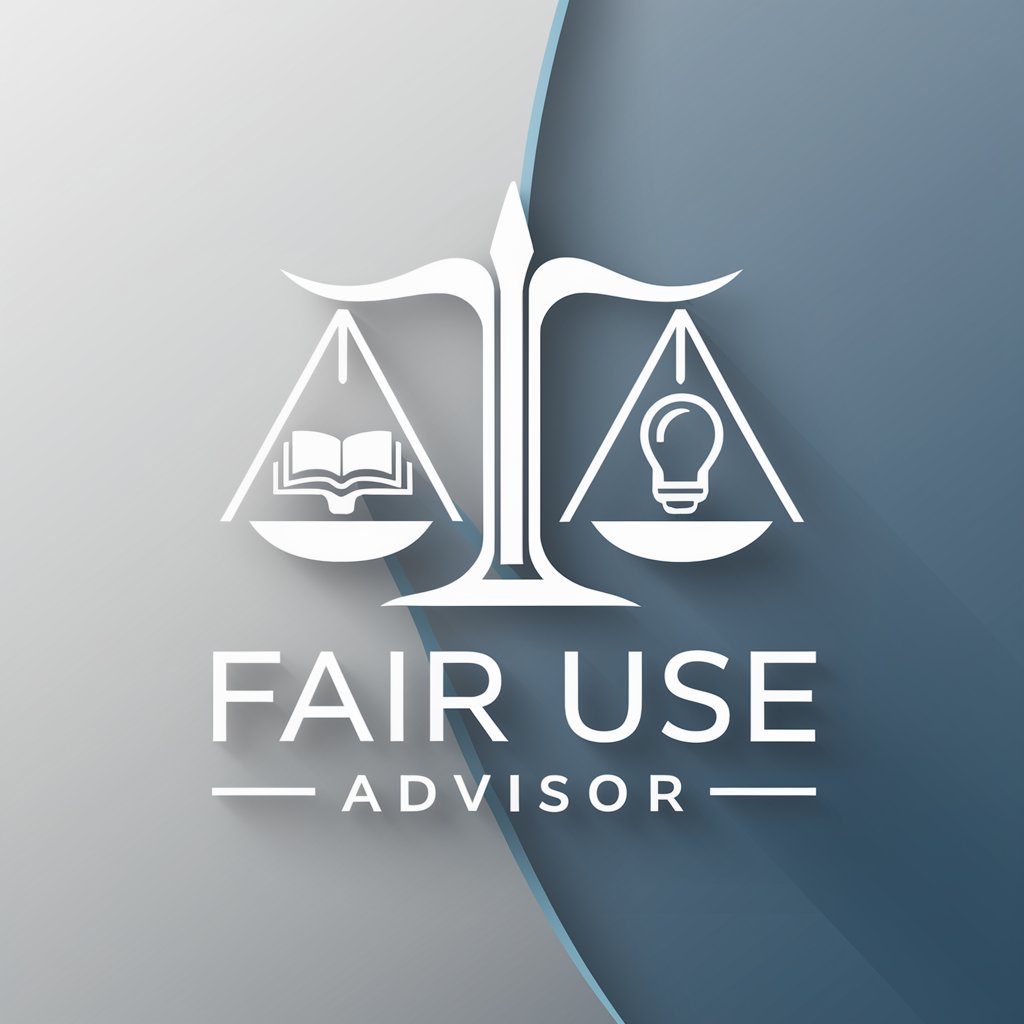
Estate Planner - Estate Planning Guidance

Welcome to Estate Planner, your guide to understanding estate planning.
Demystifying estate planning with AI
Can you explain the difference between a will and a trust?
What are the key roles involved in estate planning?
How can I ensure my estate plan is legally sound?
What are the benefits of setting up a living trust?
Get Embed Code
Introduction to Estate Planner
Estate Planner is designed as a digital assistant specializing in the field of estate planning. Its core purpose is to simplify and clarify the often complex and nuanced area of estate law for individuals without a legal background. By translating legal jargon into easily understandable language, Estate Planner assists users in navigating the intricacies of wills, trusts, powers of attorney, and the roles involved in estate planning. For example, it can elucidate the difference between a revocable and an irrevocable trust, detail the process of designating a healthcare proxy, or explain the implications of dying intestate (without a will). Such explanations are crucial for making informed decisions about the management and distribution of one's estate, ensuring that assets are allocated according to the individual's wishes and minimizing potential disputes among heirs. Powered by ChatGPT-4o。

Main Functions of Estate Planner
Clarification of Legal Terms
Example
Explaining 'Probate' as the court-supervised process of authenticating a last will and testament if the deceased made one.
Scenario
A user is drafting their will and encounters the term 'probate.' They use Estate Planner to understand what probate involves and how it affects the execution of their will.
Guidance on Creating Legal Documents
Example
Offering a step-by-step guide on drafting a living trust, including what information to include and how to ensure it's legally binding.
Scenario
A user wants to set up a living trust to manage their assets for their beneficiaries while avoiding probate. Estate Planner provides an overview of the process, helping the user understand the necessary steps and considerations.
Advice on Estate Planning Roles
Example
Detailing the responsibilities and powers of an Executor versus a Trustee.
Scenario
A user is appointed as an executor for a relative's estate but is unsure of their duties. Estate Planner clarifies the role of an executor, including the legal obligations and steps involved in estate administration.
Ideal Users of Estate Planner Services
Individuals without a Legal Background
People planning their estate or those named in someone else's estate plan who lack formal legal education. They benefit from Estate Planner's simplification of legal terms and processes, enabling them to make informed decisions and understand their roles and rights.
Legal Educators and Students
Educators can use Estate Planner as a tool to introduce complex concepts in a more accessible manner, while students can use it to supplement their studies with clear explanations and practical examples of estate planning principles.

How to Use Estate Planner: A Comprehensive Guide
Start with a Free Trial
Access Estate Planner by visiting yeschat.ai, where you can begin exploring its features without the need for signing up or subscribing to ChatGPT Plus.
Identify Your Needs
Determine the aspects of estate planning you need assistance with, such as creating a will, setting up trusts, or understanding estate laws.
Explore Features
Utilize Estate Planner's range of functionalities, from explaining legal terminology to drafting estate planning documents.
Ask Specific Questions
For tailored advice, present detailed inquiries regarding your estate planning situation, ensuring you omit any personal identifying information.
Seek Professional Consultation
Use the insights gained from Estate Planner as a foundation for discussions with legal professionals, enhancing the efficiency and productivity of your consultations.
Try other advanced and practical GPTs
Estate Executor
Simplifying estate planning with AI

Estate tax
AI-powered Estate Tax Mastery

Estate Ally
Discover Your Dream Home with AI

Estate Pro
Smart Real Estate Decisions, AI-Enabled

Estate planning
Simplify estate planning with AI-driven guidance.

10% Brightness Booster
Brighten Your Photos with AI

Estate Guru
Navigating Global Real Estate with AI

Estate Simplifier
Demystifying estate planning with AI.

Vancouver Real Estate Expert
Empowering Real Estate Decisions with AI

Fair Use Advisor
Empowering content use with AI-driven copyright guidance.

XRP Use Case Tracker
Unveiling XRP's Potential, AI-Enhanced

use api
Elevate your projects with AI power.

Frequently Asked Questions About Estate Planner
What legal documents can Estate Planner help me understand?
Estate Planner can clarify terms and procedures related to various legal documents including wills, trusts, powers of attorney, and healthcare directives, among others.
Can Estate Planner draft legal documents for me?
While Estate Planner can provide general guidance on the structure and content of estate planning documents, it cannot replace the personalized service of a legal professional in drafting legally binding documents.
How does Estate Planner protect my privacy?
Estate Planner is designed to provide information without the need to collect or store any personal information. It encourages users to avoid sharing sensitive personal details.
Is Estate Planner suitable for non-lawyers?
Absolutely. Estate Planner is tailored for individuals without a legal background, offering explanations in simple language to demystify complex legal concepts and processes related to estate planning.
How can I maximize the benefits of using Estate Planner?
To get the most out of Estate Planner, be as specific as possible with your questions, use the provided information to inform discussions with legal professionals, and explore a wide range of estate planning topics.





